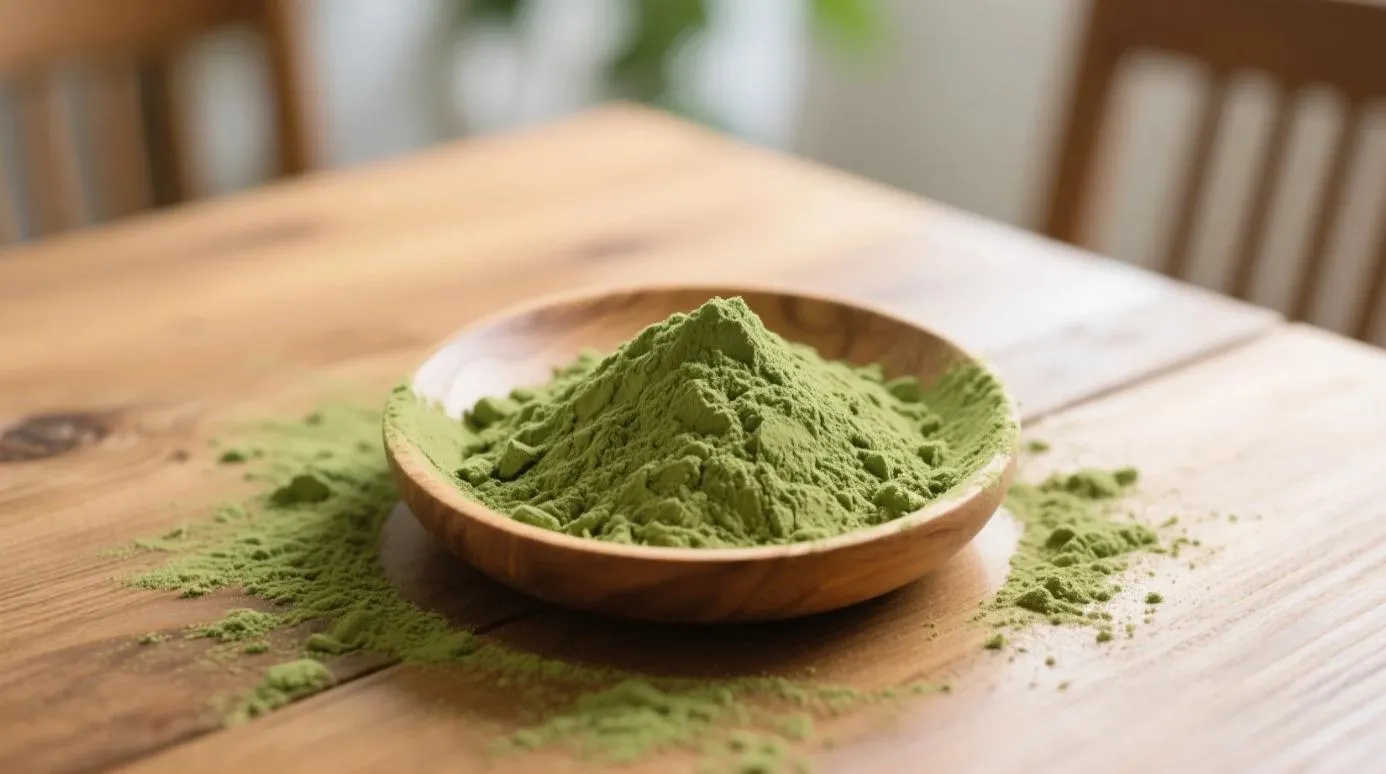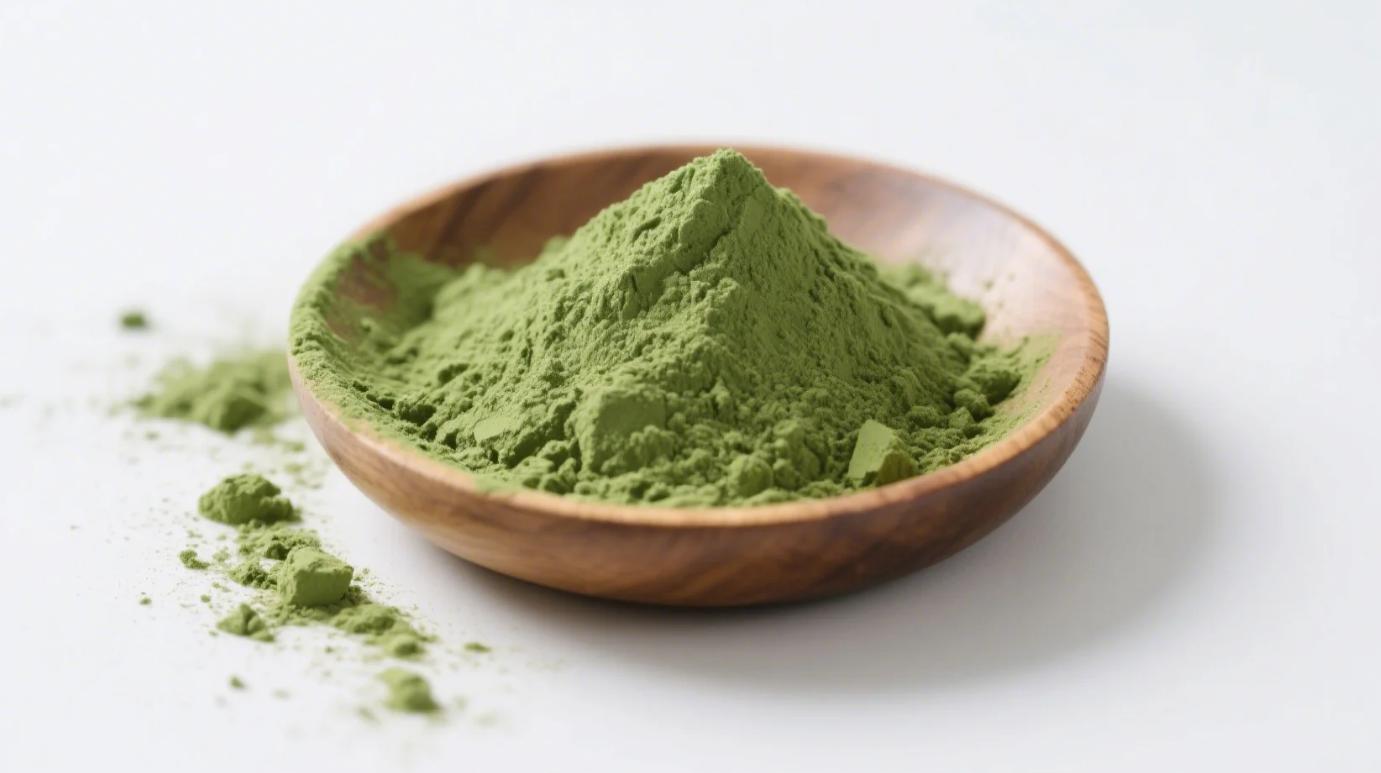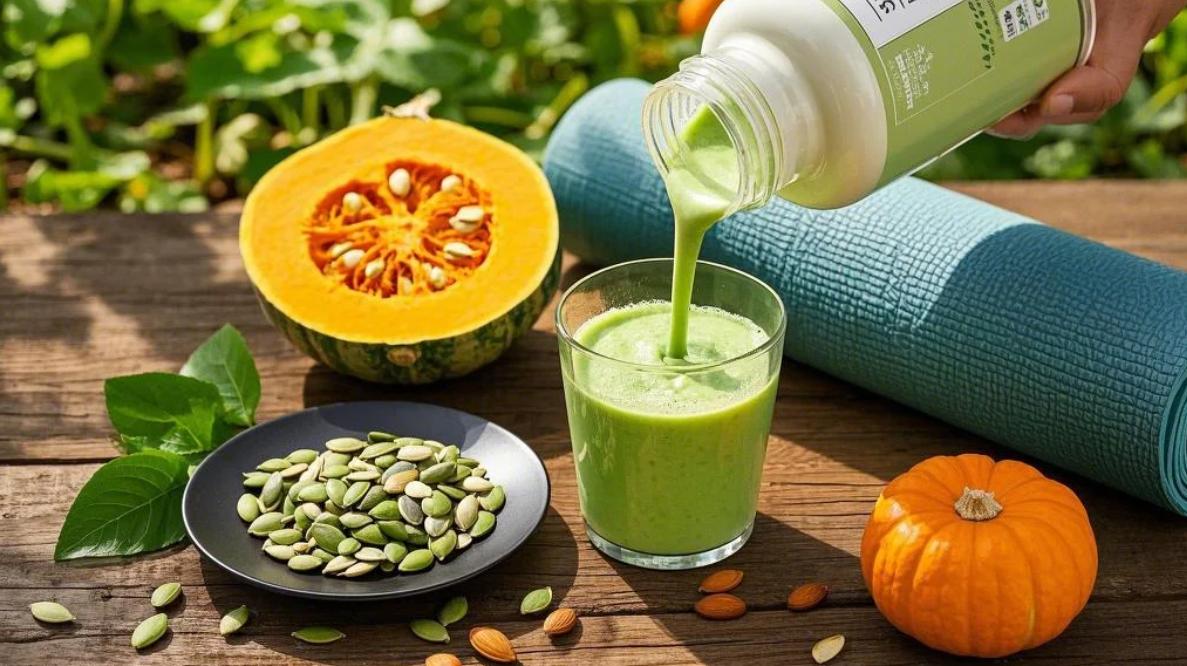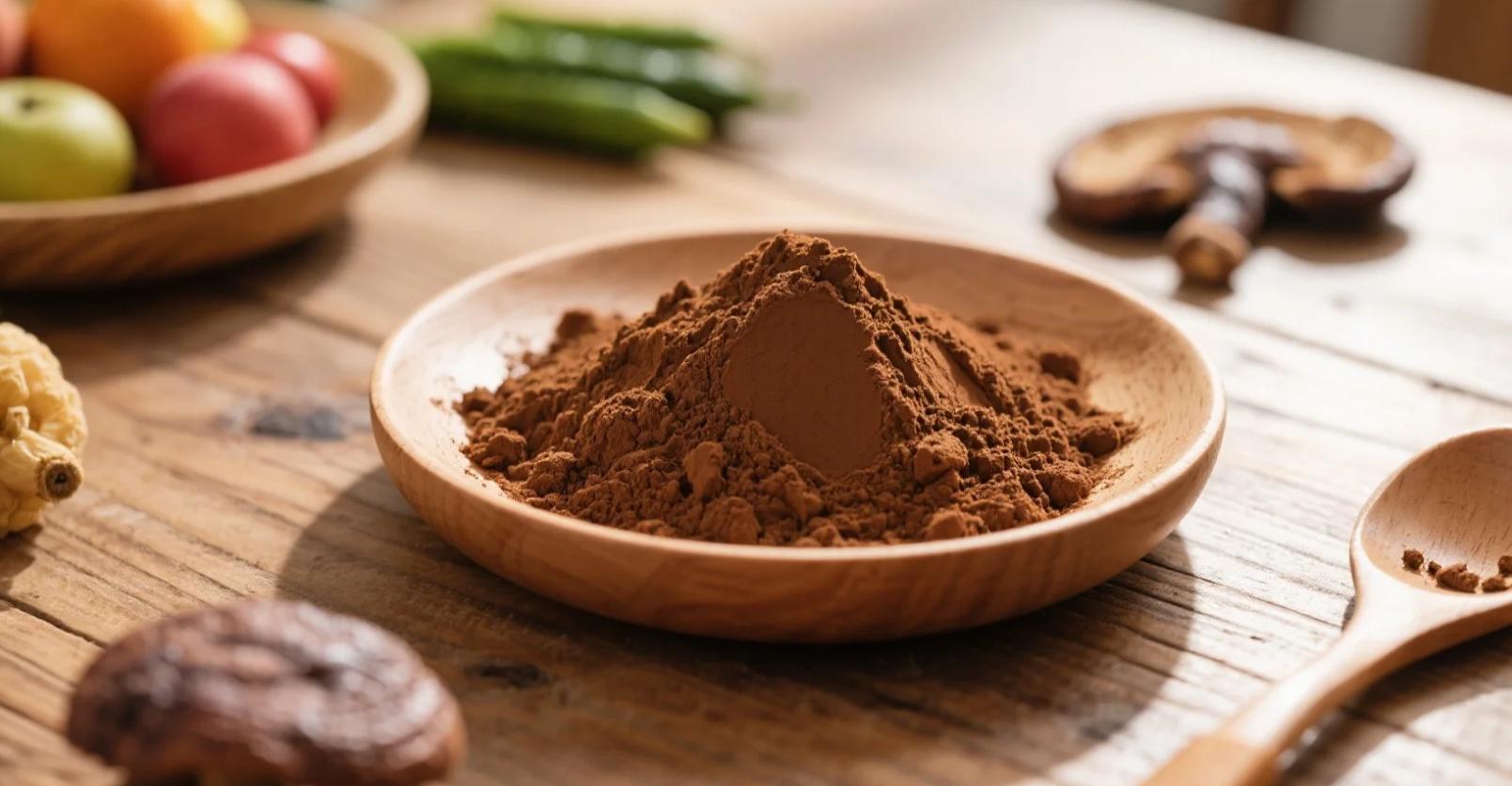Table of Contents
In a world addicted to coffee’s quick fixes, organic matcha emerges as the mindful alternative—offering caffeine with clarity, not chaos. But does its green power pack a stronger punch? Let’s dissect matcha’s caffeine profile, its unique brain-boosting compounds, and why it’s rewriting the rules of energy.

1. Caffeine Content: Matcha vs. Coffee
| Source | Caffeine per 8oz | Release Speed | Energy Duration |
|---|---|---|---|
| Organic Matcha | 70mg | Gradual (4–6 hrs) | Sustained focus |
| Drip Coffee | 95–165mg | Instant (1–2 hrs) | Spike & crash |
Why Matcha Wins:
- L-Theanine Synergy: This amino acid in matcha crosses the blood-brain barrier, pairing with caffeine to boost alpha waves (relaxed alertness) by 35% (Journal of Nutrition, 2023).
- No Adrenaline Surge: Matcha avoids coffee’s cortisol spikes, reducing anxiety in 78% of sensitive users.
2. Beyond Caffeine: Matcha’s Secret Weapons
A. Antioxidant Overload
- EGCG Powerhouse: 137x more catechins than green tea, neutralizing free radicals linked to aging and inflammation.
- ORAC Score: 1,384 units/g—outranking blueberries and kale.
B. Metabolic Ignition
- Fat Oxidation: 17% higher calorie burn during exercise vs. placebo (American Journal of Clinical Nutrition, 2024).
- Blood Sugar Balance: Lowers post-meal glucose spikes by 29% in prediabetics.
C. Brain Optimization
- Memory Boost: Daily matcha drinkers scored 11% higher on cognitive tests (UC Davis, 2023).
- Neuroprotection: Reduces beta-amyloid plaque risk, a hallmark of Alzheimer’s.
3. Who Should Choose Matcha Over Coffee?
- Anxiety-Prone Individuals: L-theanine buffers caffeine’s edge.
- Endurance Athletes: Sustained energy without mid-race crashes.
- Fasting Enthusiasts: Zero-calorie metabolic boost during intermittent fasts.
- Eco-Conscious Consumers: Shade-grown matcha farms sequester 2x more CO₂ than sun crops.
4. When Coffee Might Still Reign
- Rapid Wake-Up Needs: Nurses, night-shift workers.
- Higher Caffeine Tolerance: Those needing >200mg/dose for alertness.
5. How to Maximize Matcha’s Benefits
- Quality Matters:
- Ceremonial Grade: Bright green color, silky texture (avoid dull or yellowish powders).
- Organic Certification: Ensures no pesticide residues (common in non-organic matcha).
- Prep Tips:
- Whisk, Don’t Stir: Use a bamboo whisk (chasen) to activate frothy, clump-free texture.
- 180°F Water: Preserves delicate catechins; boiling water kills nutrients.
6. Safety & Limits
- Daily Cap: 2–3 servings (140–210mg caffeine) to avoid overstimulation.
- Avoid If:
- Iron-deficient (tannins inhibit absorption—consume 2hrs apart from iron-rich meals).
- Pregnant (consult OB-GYN; some advise limiting to 1 cup/day).
The Final Sip
Organic matcha isn’t “stronger” than coffee—it’s smarter. By trading caffeine chaos for zen-like clarity, it delivers sustained energy, antioxidant armor, and brain benefits coffee can’t match. For those seeking a jitter-free lift, matcha isn’t just a drink—it’s neuroscience in a bowl.
Related Products
Organic Matcha Powder
Organic matcha powder offers ceremonial-grade purity (Uji/Kagoshima) or culinary versatility. Rich in…


